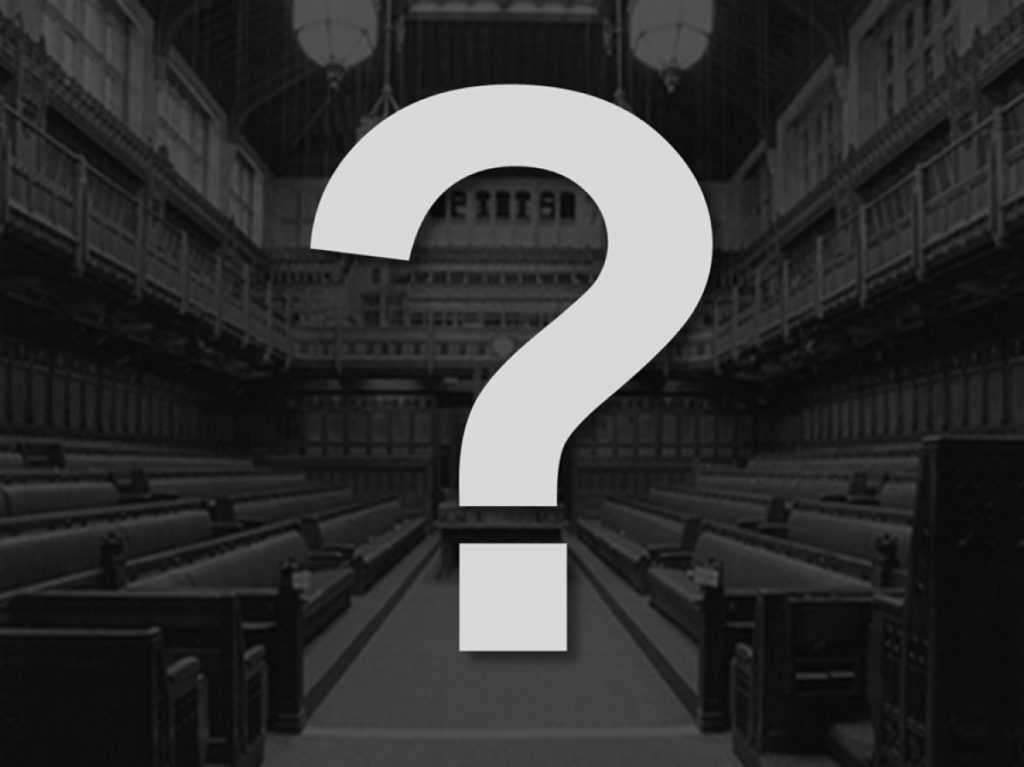General election 2010: Story of the night
Here’s our summary of the twists and turns of election night.
Hung parliaments are bound to leave everyone dissatisfied. With the Conservatives, Labour and the Liberal Democrats all having reason to feel disappointment at their performance, the result has left an uneasy taste in the mouth for all.
That much was predictable. What was less certain was the choppy, turbulent nature of the contests between the parties. With some seats held easily and others lost unexpectedly, it was clear the electorate were in a volatile mood.


Labour vs Conservatives
The biggest contest of all reflects that completely. David Cameron’s target list towards a majority of one required him to take at least 116 seats. And many of those on the list attacking Labour incumbents did indeed fall, from the ousted Gwyn Prosser in Dover to Jayne Innes’ unsuccessful campaign in Nuneaton. There were big-name casualties, too, including two former home secretaries. Brown-basher Charles Clarke lost out in Norwich South, while in Redditch Jacqui Smith paid the price for her husband’s expenses habits. In many seats, Cameron was on track for a win.
In so many vital seats, however, it didn’t work out that way. Labour succeeded in holding off the Tory challenge in enough seats to prevent the Tories making the inroads they needed. The marginal Bolton North East seat, for example, stayed true to Brown. So too did Eltham. Glenda Jackson clung on by a hair in Hammersmith and Kilburn. This was not all one-way traffic, as it had been in 1997, 2001 and even 2005.
Lib Dems vs Labour
Labour faced a threat on both fronts, of course, after a campaign dominated by the third party’s game-changing polling surge. There were some shocks, including the ridiculously large 21.8% swing away from Labour in Redcar. Elsewhere it turns out the game hadn’t changed quite so much after all. Carol Wood gave Roberta Blackman-Woods a tough run for her money in the student-dominated City of Durham, to no avail. Oxford East stayed red (while Evan Harris succumbed in Oxford West). Emily Thornberry survived what had been thought of as an extremely strong challenge by the Lib Dems in Islington South and Finsbury. The Lib Dems did not make sweeping breakthroughs against Labour.
Lib Dems vs Conservatives
If that battle was unpredictable, the biggest surprises of all were consistently to be found in the Lib Dem-Tory struggles. Here the variations between seats were wild and unpredictable. Chris Huhne held on in Eastleigh, but Julia Goldsworthy lost out (by just 66 votes) in Camborne and Redruth. Lorely Burt and David Heath’s desperately marginal seats of Solihull and Somerton and Frome proved successful; but Zac Goldsmith won through against Susan Kramer in Richmond Park and Phil Willis’ successor couldn’t keep the party’s grip on Harrogate. Eastbourne was an unexpected bonus for the Lib Dems, while manure claims helped Tessa Munt take Wells; but these were not the sweeping gains expected by many before polling day.
Scotland, Wales and Northern Ireland
The nationalists had a mixed night. North of the border the Scottish National party’s progress was dispiriting, summed up by Annabelle Ewing’s failure to retake Ochil and South Perthshire. The expression on John Mason’s face as Glasgow East returned to Labour’s fold summed up the party’s night. In Wales, Plaid had a better time, taking Arfon. But they failed to capture Anglesey, while Blaenau Gwent went back to Labour and the Conservatives picked up the Vale of Glamorgan.
The two biggest shocks here were the surprise defeats of Northern Ireland’s first minister Peter Robinson to Alliance leader Jim Allister in Belfast East and Lib Dem ‘personality’ Lembit Opik in Montgomeryshire. One is of a minor inconvenience for those of us who enjoyed one of parliament’s more colourful characters. But the other is of real political importance – how much did the scandal Robinson was embroiled in earlier this year play a part in his downfall?
Smaller parties
And finally we come to the ‘others’, the sub-plots, the smaller parties who will not make a difference to who forms the next government but whose campaigns have fascinated us all. As a rule, they had a bad night: BNP leader Nick Griffin actually managed to decrease his party’s share of the vote in Barking, while Esther Rantzen proved little more than a sideshow in the Luton South Labour-Tory struggle. Only in Brighton Pavilion did the smaller parties make a big breakthrough: Green party leader Caroline Lucas becomes the party’s first ever MP. The smile on her face as she realised she had won was bigger than any of the other party leaders on election night.












